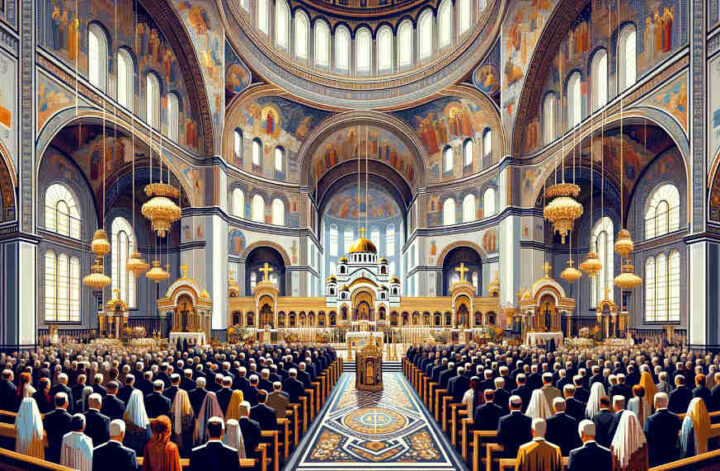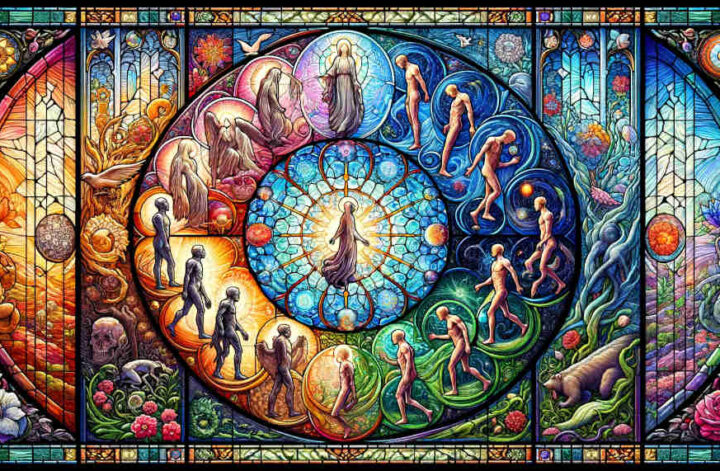Dear Theophilus,
I’ve encountered various depictions and honors of the Virgin Mary in different churches. It led me to wonder about the overall Christian perspective. Do Christians believe in the Virgin Mary, and if so, what is her role and importance in the faith?
Kindly,
Isabella
Mary’s Place in Christian Devotion and Doctrine
Dear Isabella,
Indeed, the Virgin Mary holds a unique and revered place within Christian belief. Across the majority of Christian denominations, Mary is recognized as the mother of Jesus Christ, and this alone accords her a special honor. The belief in Mary as a virgin comes from the Gospel accounts of Jesus’ birth, which describe Mary conceiving Jesus by the power of the Holy Spirit, thus affirming her virginity at the time of His conception (as stated in Luke 1:34-35).
In Roman Catholicism, the Virgin Mary is venerated with titles such as the Mother of God, which emphasizes her role as the mother of Jesus, who is recognized as God incarnate. She is also honored through doctrines such as her Immaculate Conception, which teaches that she was conceived without original sin, and her Assumption, which holds that she was assumed body and soul into heaven. Catholics often pray for Mary’s intercession, seeing her as an advocate with her son, Jesus.
Eastern Orthodoxy also holds Mary, or Theotokos, which means “God-bearer,” in high esteem. She is celebrated in liturgies, iconography, and feasts, and her role in salvation history is deeply respected. Orthodoxy shares similar beliefs about Mary’s perpetual virginity and her role as a powerful intercessor.
Anglican and Lutheran traditions may not emphasize Marian doctrines to the same extent as the Catholic and Orthodox churches but still hold a place of honor for Mary. They respect her as the mother of Jesus and often recognize the historic Marian feasts.
Many Protestant denominations, while acknowledging Mary as the mother of Jesus, do not seek her intercession, based on their understanding of the sole mediatorship of Christ (1 Timothy 2:5). They might view her as a model of faith and obedience to God but do not ascribe to her the same level of veneration found in other traditions.
In all, while the extent and form of devotion to the Virgin Mary vary widely within Christianity, her role as the mother of Jesus Christ is universally acknowledged. Her faithfulness and willingness to serve as the Lord’s handmaid earn her a place of high regard in the Christian story.
May your contemplation of Mary’s role in the Christian faith lead you to a deeper appreciation of her significance in the narrative of salvation.
Yours in the peace of Christ,
Theophilus

